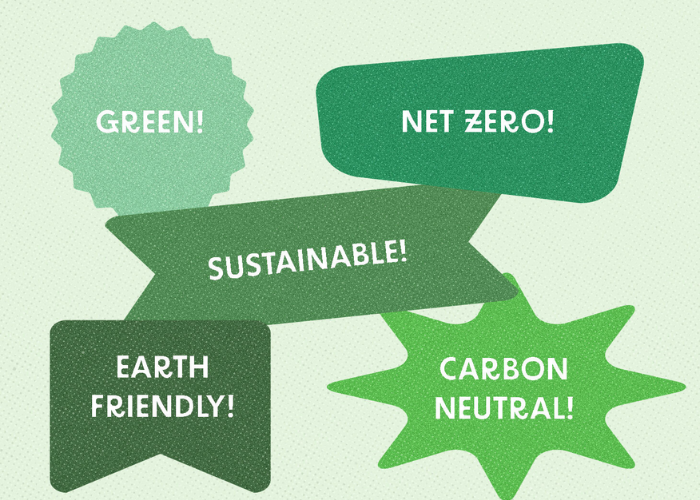Sustainable food: too green to be true?BY FRANCESCO MONTANARI
- 1 August 2023
- Posted by: Competere
- Categories: highlights, News, Sustainable Nutrition

The article by Francesco Montanari was published on the Portuguese newspaper, Journal de Negócios. Read the English version below or the original from this link >>>
Sustainability is an area where many companies have invested to distinguish themselves from their competitors and become more competitive in the market. This is also evident in the agri-food sector, which is often subject to fierce criticism from environmentalist lobbies due to its negative environmental and biodiversity impact. Today, it’s common to see advertisements on television or food labels on supermarket shelves promoting products as ‘sustainable‘, ‘eco-friendly‘, or ‘environmentally neutral‘. In some cases, it’s the activities of the companies that produce, process, or distribute food products that are presented as sustainable.
However, are these foods truly sustainable? Or is it just marketing that plays on consumers’ environmental or ethical conscience without solid scientific foundations? In the latter case, it is known as greenwashing, where commercial practices improperly exploit the positive image that sustainability generally associates with products.
In this context, it must be acknowledged that for most consumers, it’s not easy to determine whether they can trust the proclaimed environmental characteristics of certain foods available in the market. Hence, various draft legislations are currently underway at the European level, seeking to curb greenwashing practices and ensuring greater consumer protection.
Therefore, in the future, a company that produces cod cannot simply claim, in a general way, that its products are environmentally friendly without specifying which aspects of the supply chain or which environmental impacts they are referring to concretely. Similarly, a company that markets bananas will hardly be able to claim that its activity produces no emissions or is ‘climate-friendly,’ as transporting those fruits to export markets will inevitably contribute to greenhouse gas emissions.
Furthermore, before a company can make environmental claims in the advertising of its products or apply a sustainability label on the packaging, an independent entity will have to verify their validity. This will, therefore, have an impact on some sustainability labels already present in the market – including the Rainforest Alliance frog, the Forest Stewardship Council tree, the Marine Stewardship Council fish, and the Fairtrade certification – which will need to make the necessary changes to comply with this future legislation.
Lastly, the ongoing development of European legislation aims to restrict the establishment of national simplified labeling schemes that classify foods based on their sustainability, akin to replicating the approach of the (controversial) Nutriscore: using five letters and colors to provide simple and immediate information about the nutritional profile of a food product, sparing consumers the effort of deciphering the complex and detailed information currently found on food labels. While by the end of this year, the European Commission is expected to propose legislation to introduce a mandatory and harmonized nutritional labeling system to be placed on the front of packaging (FoPL, Front-of-pack labelling), concerning environmental labeling, the intention is rather to prevent recently developed certification schemes (such as Ecoscore and Planet Score) from continuing to exist.
In the face of this somewhat chaotic scenario, businesses in the food sector must prepare for a regulatory framework that will significantly limit their freedom of communication regarding environmental practices in the medium term.
From my perspective, this should not be seen as an attack on the freedom of expression of corporate communication. The law, in fact, guarantees – and will continue to do so – that marketing and advertising can use deliberately exaggerated terms or expressions that consumers shouldn’t take literally since this is, after all, the essence of these practices.
In conclusion, communicating sustainability presents major challenges, mainly for two reasons. On the one hand, sustainability is a complex subject that consumers find challenging to comprehend and has already been subject to various abuses in the European market. On the other hand, it’s a topic of great social and economic importance for the future of our planet, and therefore, situations should not occur where widely consumed goods, such as food, are advertised as sustainable when they are not truly so.
Image credits: courtesy of New York Times >>>

